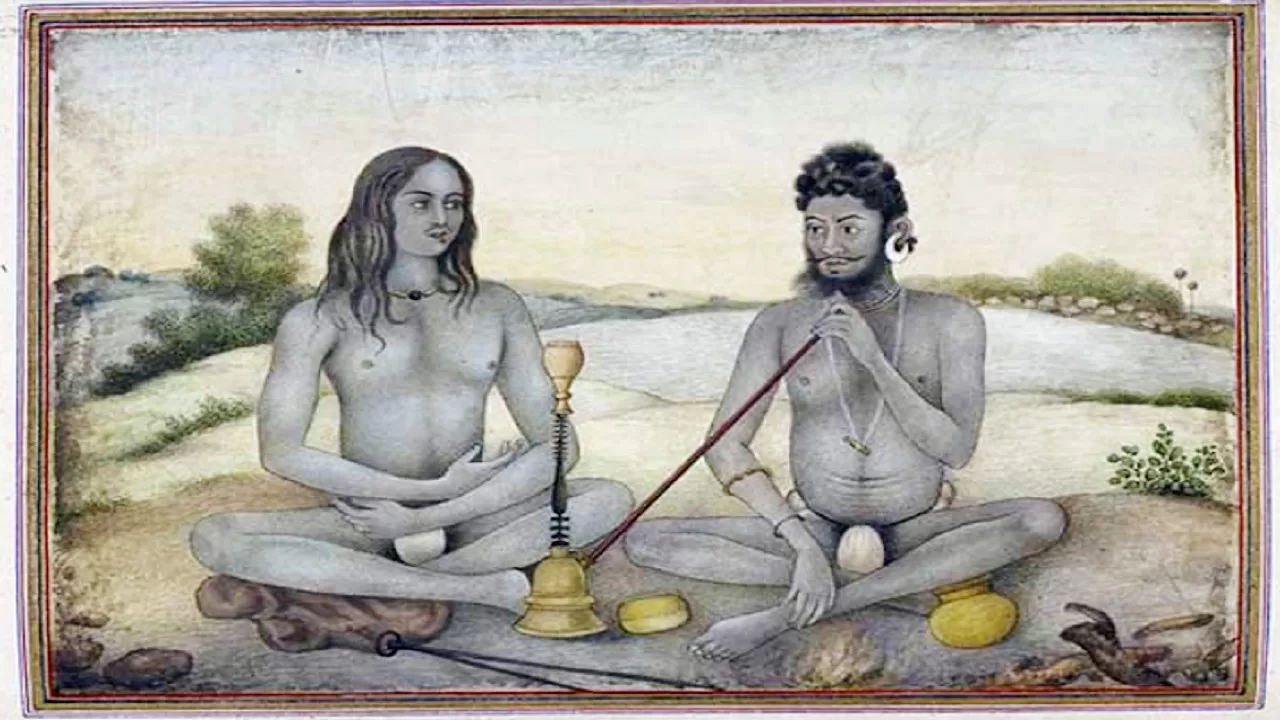Siddhacarya is a term that refers to the teachings and practices of the Siddhars, who were a group of spiritual adepts and sages who lived in ancient India. The teachings of the Siddhars include principles and practices from yoga, meditation, and Ayurveda, which are aimed at improving health and well-being.
According to the teachings of Siddhacarya, the principles of yoga, meditation, and Ayurveda are interrelated and work together to achieve optimal health.
Yoga: Yoga is a practice that is believed to help balance the body’s energies and improve overall health. The physical postures of yoga are believed to improve flexibility, strength, and balance, while the breathing techniques and meditation practices are believed to improve mental and emotional well-being.
Meditation: Meditation is a practice that is believed to help quiet the mind and promote inner peace. It is believed to be beneficial for reducing stress, improving sleep, and promoting overall well-being.
Ayurveda: Ayurveda is a traditional system of medicine that originated in ancient India. It is based on the belief that health and well-being depend on a delicate balance between the mind, body, and spirit. Ayurvedic principles recommend specific diet and lifestyle changes to support healing and maintain overall health.
According to Siddhacarya, the gurus and rishis who were the founders of these practices were able to achieve a state of enlightenment and had the ability to perform extraordinary feats. They were also believed to have had a deep understanding of the human body and its connection to the spiritual realm. This knowledge was passed down through generations and still is considered valuable today.
It’s important to note that these practices should be used under the guidance of a qualified healthcare practitioner or trained teacher, as some of these practices may interact with medications or may be too strenuous for some individuals.
















